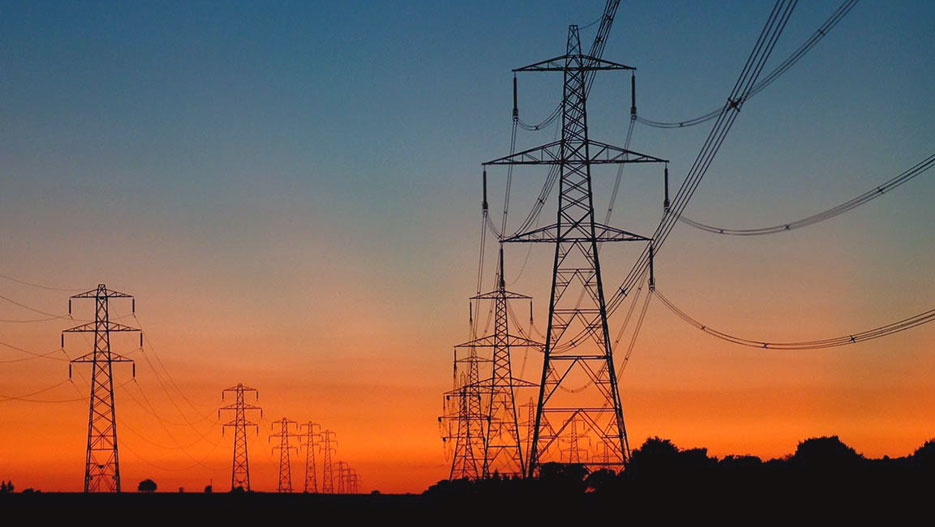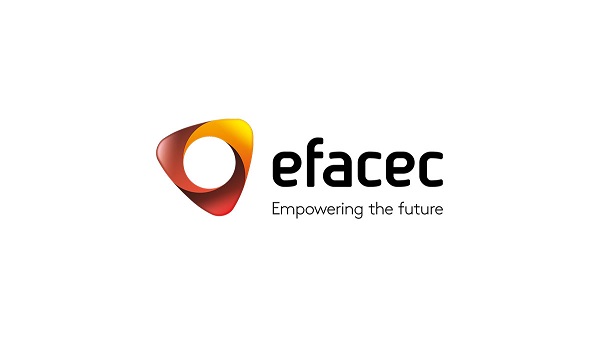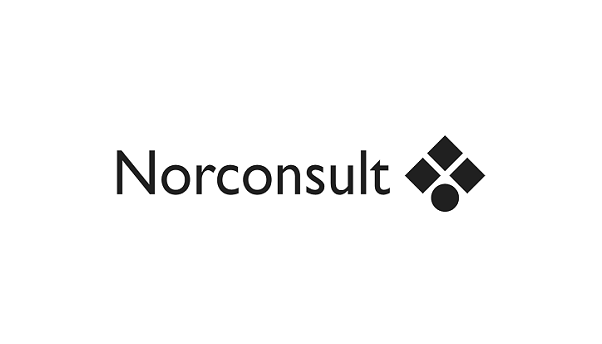
When Business Excellence last visited Electricidade de Moçambique (EDM), the focus of the interview was the changes that Mozambique was undergoing. The company had just received financing from the World Bank and the European Investment Bank to the tune of $200 million and plans were being put in place to improve the energy links that existed between Mozambique and neighbouring countries like South Africa.
Five years later and so much has changed. In 2018, the government launched the National Electrification Strategy under the ProEnergia program, with the goal of reaching universal energy access in Mozambique by 2030. Only about 40% of Mozambique’s 30 million strong population have access to the national grid or off-grid/mini-grid systems. As such, the project aims to bring electricity to around 18 million people.
The National Electrification Strategy is nothing if not ambitious, then. In fact, it could be the single most transformative event since the country achieved its independence from Portugal in 1975 - opening up huge opportunities in Mozambique’s regions that simply couldn’t exist until now. Business Excellence didn’t want to miss the chance to call back on EDM and check on progress on this once in a generation project.
Reintroduction
The corporation EDM was created in 1977 with the mandate that covers the entire spectrum of electricity products and services in Mozambique.
EDM is the company responsible for generating, transmitting, and distributing electricity to the people and business in Mozambique. Its operation includes an electricity generation capacity of more than 2600MW. Its transmission network consists of more than 5,000 kilometers of high voltage lines, and managed with staff strength of 3500 employees
EDM is responsible also responsible for the export energy to the SADC region and importation of energy when necessary. It is responsible for operating and managing the National Electricity Transmission Network and on behalf of the Government of Mozambique
A Nexus of Projects
Given the scale of the electrification project underway in Mozambique - with estimated investments in excess of $1 billion required by 2024, alone - this is more of a nexus of ongoing projects rather than one project in itself. Every one of the country’s provinces is already seeing projects being planned and constructed - nobody is being left behind. Some of the most notable projects are already underway in Cabo Delgado, Massangena, Chigubo and Nampula.
If there are benefits to electrifying well after many other countries, it’s that Mozambique has an opportunity to learn from their experiences of other and implement state of the art technology across its electrical grid. That has led to a significant investment in renewable energy projects such as the Metoro Solar Power Plant in the Cabo Delgado province and the Mocuba Solar Power Plant in the Zambesia province - both 40MW realized through PPP are signs of how Mozambique will be taking lead in the renewable energy as well as becoming an energy hub across the region.
Other exciting projects include the first Combined Cycle Gas Turbine (CCGT) power plant in Southern Africa. This is a 400MW gas-to-power plant with an associated 400kV transmission line. This is the Temane-Maputo power plant and line consisting of about 600km, the transmission interconnections between Mozambique and Malawi; Mozambique and Zambia, and Mozambique and Tanzania. There is also the construction of the Caia–Nacala 400kV transmission line.
There are other less popular equally as important and transformative projects including the interconnection line between Metoro and Palma which will significantly improve the supply and flow of electricity between two of the most underserved population centres in the north of the country. Such connector lines are a central component of the all-inclusive electrification strategy.
A Change of Culture
In order to reach its ambitious targets, EDM has undergone a change of culture itself. Aside from beginning its first PPP investments, it has also begun sponsoring programs such as Proler (renewable energy auction system) and GET FIT (tariff viability gap funding) to support private companies contributing to their goals. Elsewhere, it works closely with FUNAE (Mozambique’s Energy Fund) to encourage the growth of off-grid electricity in the country.
This change of culture was one of the driving factors behind the organizational changes that EDM recently underwent. A new board of directors was put in place at EDM in July 2020, managing with a more organic structure than before. The new objective of the board has been clearly set, and the organization’s less rigid structure has been put in place to achieve it - full electrification of the country within a decade.
Partners and Suppliers
To bring the nexus of projects discussed above to fruition, EDM has brought together a nexus of partners and suppliers. Neoen is the general contractor behind the Metoro Solar Power Plant, which will generate 40MW of energy every year for its 25-year life. Efacec will be responsible for the engineering, procurement and construction (EPC) and operations and maintenance (O&M) for a similar project in the same region - this time delivering 68MW - which is nearing completion.
These are to mention just two of the many renewable projects on the horizon for EDM. Elsewhere, MBHE recently signed a Joint Development Agreement (JDA) with Electricidade de Moçambique (EDM) and Moz Energy LDA for a 20MW solar power project in Pemba, in Mozambique’s northern region. This is just the first of a few projects totalling 90MW that MBHE will deliver as part of an MOU signed with EDM.
As stated at the outset, the less glamorous infrastructure projects will prove just as important to deliver EDM’s ambitions. SETH has been contracted for the rehabilitation of the distribution networks of Maputo and Matola - a significant undertaking, which begins in the first half of 2021. Other partners and suppliers include consulting firms like Norconsult, Consultec and WSP Environmental. It also maintains close links with French energy giant, TOTAL, itself on a journey to decarbonize its energy output, thus being a useful ally for Mozambique on the journey ahead.
The Future
Mozambique’s resilience and drive for economic transformation has been witnessed across board. Mozambique is blessed with considerable mineral and gas reserves, vast arable land, extensive coastline and harbours, as well as transport and most importantly a beautiful people and culture.
EDM understands its role as the body tasked with the responsibility of lighting the path for an inclusive socio-economic transformation of Mozambique. To this end EDM is working with the Mozambican government on policies and reform as well working with several private stakeholders to become a smart utility whose services and products exist in every household, all corporations and enterprises across all of Mozambique by 2030.
The goal includes expanding from the current 30% access to 100% universal accessibility across the country by making 450,000 new connections per year for the next 10 years. Another important feature of EDM’s future is transforming Mozambique into a regional energy actor in southern Africa and lastly achieving gender equality in professional and leadership participation.
To achieve this EDM plans to continue to work with both its partners in Southern Africa Power Pool (SAPP) and internationally as it continues to work towards energy efficiency and energy security for the people of Mozambique.
.
DOWNLOAD
 EDM-Dec-2020.pdf
EDM-Dec-2020.pdf















